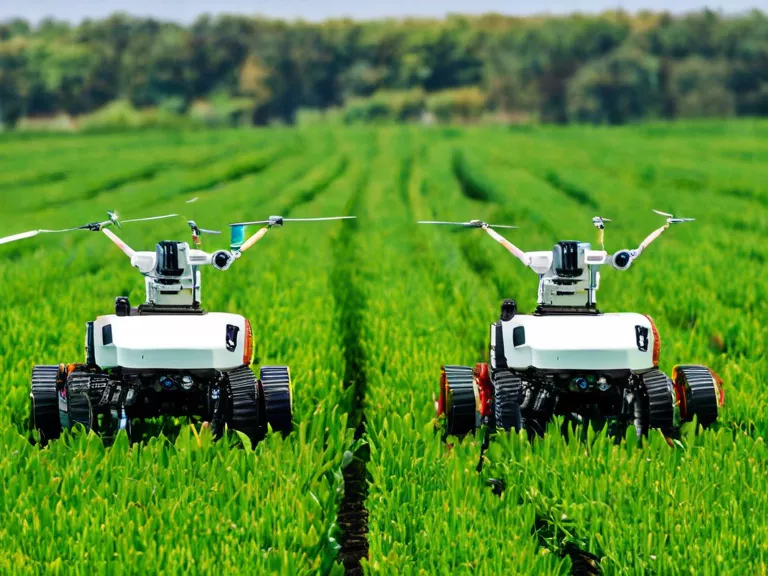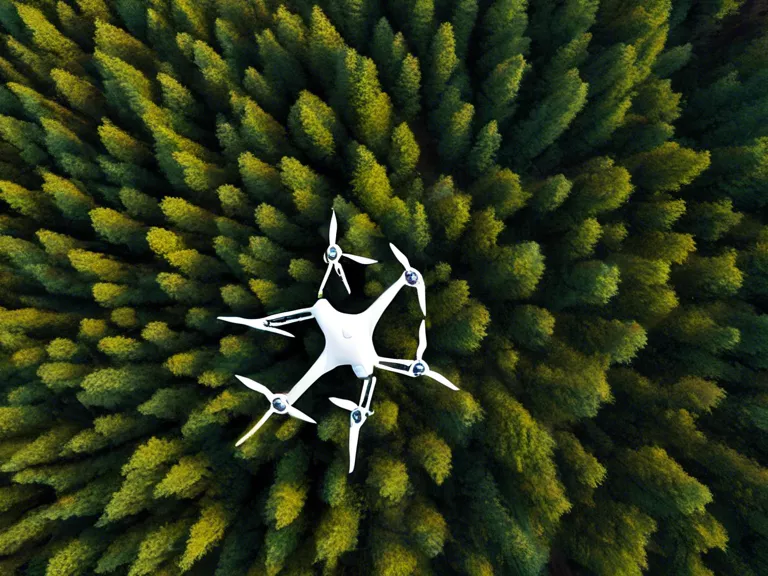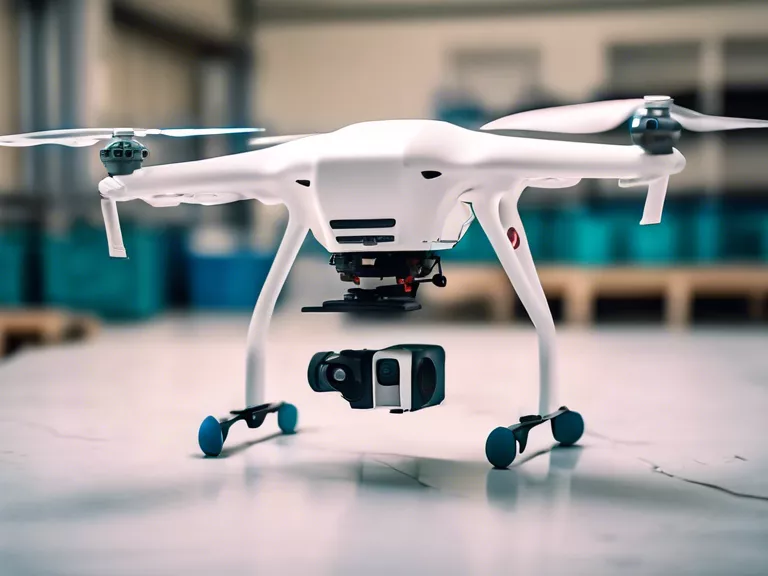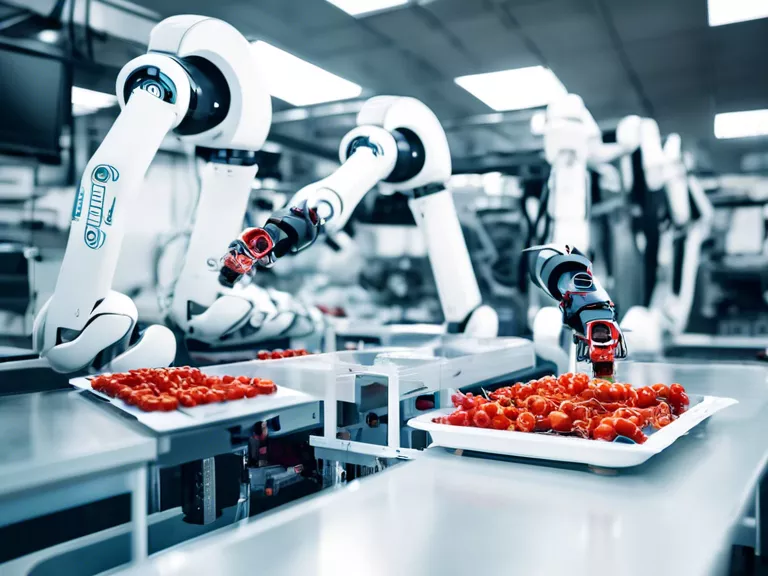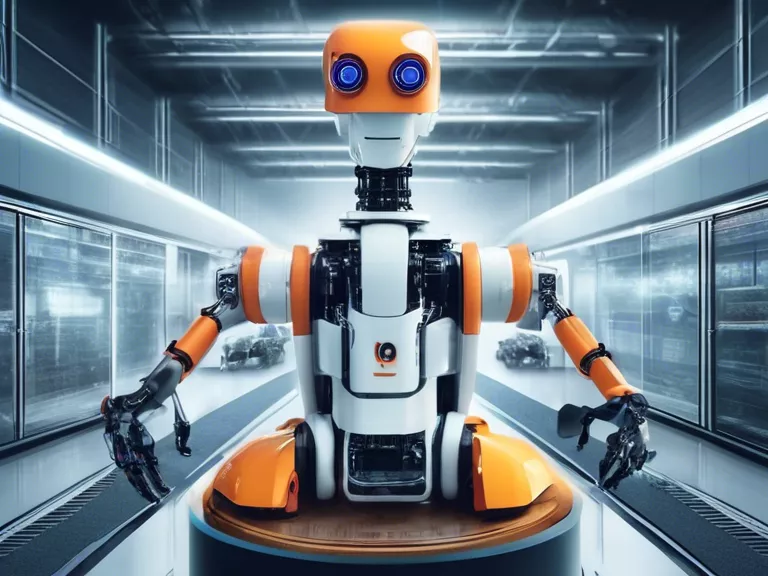
The Impact of AI on Autonomous Robots in Industrial Settings
In recent years, the integration of artificial intelligence (AI) into autonomous robots has revolutionized the industrial landscape. These intelligent machines are capable of carrying out complex tasks with precision and efficiency, leading to increased productivity and cost savings for companies. From automated warehouses to manufacturing plants, AI-powered autonomous robots are transforming the way work is done in industrial settings.
One of the key advantages of AI in autonomous robots is the ability to adapt and learn from new situations. Through machine learning algorithms, these robots can analyze data in real-time and make decisions on the fly. This allows them to navigate dynamic environments, handle unexpected obstacles, and optimize their performance over time. As a result, companies can streamline their operations and improve overall efficiency.
Another benefit of AI-enabled autonomous robots is their enhanced safety features. By leveraging AI technology, these robots can detect and avoid potential hazards, reducing the risk of accidents and injuries in the workplace. This not only protects human workers but also helps companies comply with strict safety regulations and standards.
Moreover, AI-powered autonomous robots are driving innovation in industrial automation. They can perform a wide range of tasks, from material handling to assembly, with speed and accuracy. This level of automation frees up human workers to focus on more complex and value-added activities, leading to greater job satisfaction and creativity in the workplace.
Overall, the impact of AI on autonomous robots in industrial settings is undeniable. These intelligent machines are paving the way for a new era of smart manufacturing, where efficiency, safety, and innovation go hand in hand. As AI technology continues to advance, we can expect to see even greater capabilities and opportunities for autonomous robots in the industrial sector.
